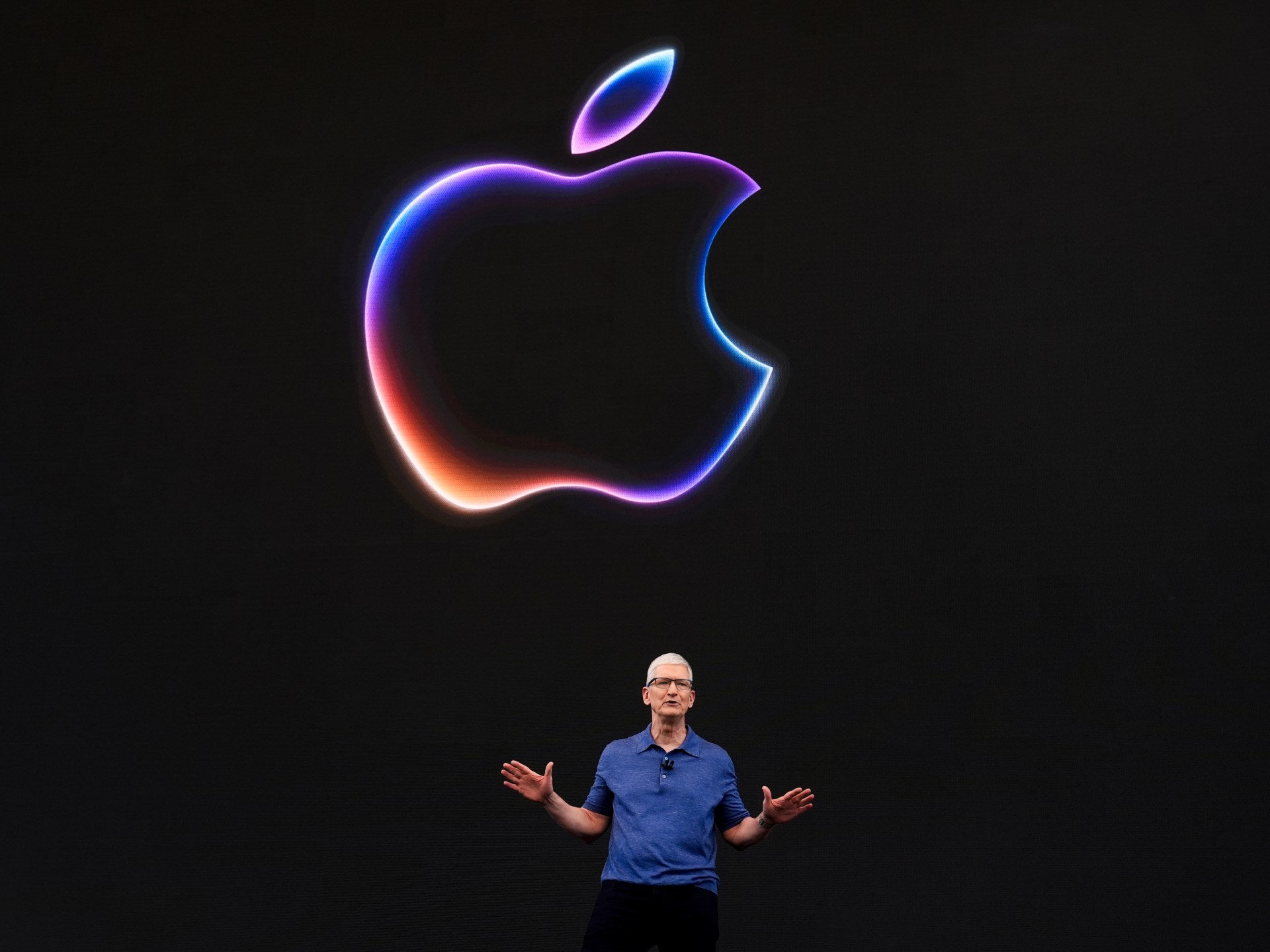Reform Party: Can Farage Deliver On His Promises?

Table of Contents
Key Promises of the Reform Party
The Reform Party's platform centers around several core pledges, often framed as a rejection of the established political order. Understanding these promises is crucial to evaluating Farage's potential for success. The key policy areas include Brexit, immigration, and economic reform. Let's break down some key promises and their associated challenges:
-
Overhaul of the NHS: The Reform Party advocates for increased funding and efficiency within the National Health Service, proposing partial privatization of certain services to inject private sector expertise and competition. This ambitious plan faces considerable challenges, including potential public backlash against privatization and the difficulty in attracting sufficient private investment without compromising quality of care. The party's proposed solutions need clearer articulation regarding how to balance private sector involvement with public accountability.
-
Stricter Immigration Controls: A cornerstone of the Reform Party's platform is a significant reduction in net migration. This involves stricter border controls, a more stringent points-based immigration system, and potentially increased enforcement of existing laws. However, achieving this goal presents significant obstacles. Potential labor shortages in key sectors, the complexities of EU regulations, and the ethical considerations of immigration policy all pose significant hurdles. The Reform Party needs a detailed strategy that addresses these concerns effectively.
-
Withdrawal from the European Union (Brexit): Farage's legacy is intrinsically linked to Brexit, and the Reform Party remains committed to completely severing ties with the EU, going beyond the current arrangements. This involves renegotiating trade deals, navigating complex international relations, and potentially addressing significant economic implications. The complexity of disentangling from the EU's regulatory framework and the potential for economic disruption represent major challenges to the success of this pledge.
Farage's Track Record
Assessing the feasibility of the Reform Party's agenda requires a careful examination of Nigel Farage's past performance. His political career has been marked by both successes and significant failures.
-
Successes: Farage's most notable achievement is undoubtedly his leadership of the Leave campaign during the 2016 EU referendum. His ability to galvanize public support and influence the outcome of a major national vote is undeniable. He has also consistently demonstrated an ability to challenge the established political order and tap into public dissatisfaction with mainstream politics.
-
Failures: Despite his successes, Farage has faced criticisms regarding the specifics of his policies and their potential consequences. Some argue that his previous political positions have been inconsistent or lacked concrete detail. Furthermore, critics point to instances where his rhetoric has been perceived as divisive or inflammatory. Analyzing his past failures is crucial to understanding the potential limitations of his current proposals.
Feasibility of the Reform Party's Agenda
The Reform Party's success hinges on various factors, including its ability to gain significant political power and public support. A realistic assessment requires considering the current political landscape:
-
Electoral Potential: The Reform Party's current level of support and its potential to translate this support into electoral success remain uncertain. The party needs to demonstrate its capacity to win seats in parliament to translate its promises into action.
-
Potential Alliances: The possibility of forming coalitions or alliances with other political parties will significantly impact the Reform Party's ability to implement its agenda. The current political climate suggests limited opportunities for such partnerships.
-
Public Opinion: Public perception of Farage and his policies is crucial. Negative media coverage or public disapproval could severely hamper the Reform Party's ability to gain traction.
Conclusion: Reform Party: A Realistic Assessment of Farage's Promises?
In conclusion, the Reform Party's ambitious agenda presents both opportunities and significant challenges. While Nigel Farage's track record demonstrates his ability to influence public opinion and challenge the establishment, the feasibility of his promises remains questionable. The complexity of the proposed policies, potential opposition from other parties, and the need for broad public support all pose significant obstacles. A balanced perspective is necessary; neither unrealistic optimism nor undue pessimism should dominate the assessment. Learn more about the Reform Party and form your own opinion on whether Nigel Farage can deliver on his ambitious promises. Engage in the debate and help shape the future of British politics.

Featured Posts
-
 Nhl Playoffs Edmonton Oilers Betting Odds To Eliminate Kings
May 09, 2025
Nhl Playoffs Edmonton Oilers Betting Odds To Eliminate Kings
May 09, 2025 -
 Will Apples Ai Strategy Lead Or Lag
May 09, 2025
Will Apples Ai Strategy Lead Or Lag
May 09, 2025 -
 How To Check Madhyamik Result 2025 And Merit List
May 09, 2025
How To Check Madhyamik Result 2025 And Merit List
May 09, 2025 -
 High Potential Analyzing The Risky Season 1 Finale And Its Success
May 09, 2025
High Potential Analyzing The Risky Season 1 Finale And Its Success
May 09, 2025 -
 Harassment Case Polish Woman And Associate Deny Targeting Mc Cann Family Home
May 09, 2025
Harassment Case Polish Woman And Associate Deny Targeting Mc Cann Family Home
May 09, 2025
Latest Posts
-
 Dakota Johnson Kraujingos Plintos Nuotraukos Kas Is Tikruju Ivyko
May 09, 2025
Dakota Johnson Kraujingos Plintos Nuotraukos Kas Is Tikruju Ivyko
May 09, 2025 -
 Dakota Johnson Channels Spring In A Stunning New Dress
May 09, 2025
Dakota Johnson Channels Spring In A Stunning New Dress
May 09, 2025 -
 Dakota Johnsons Spring Dress A Mother Daughter Fashion Moment
May 09, 2025
Dakota Johnsons Spring Dress A Mother Daughter Fashion Moment
May 09, 2025 -
 Dakota Johnson And Melanie Griffiths Chic Spring Style
May 09, 2025
Dakota Johnson And Melanie Griffiths Chic Spring Style
May 09, 2025 -
 Exploring The Relationship Between Dakota Johnsons Roles And Chris Martins Influence
May 09, 2025
Exploring The Relationship Between Dakota Johnsons Roles And Chris Martins Influence
May 09, 2025
